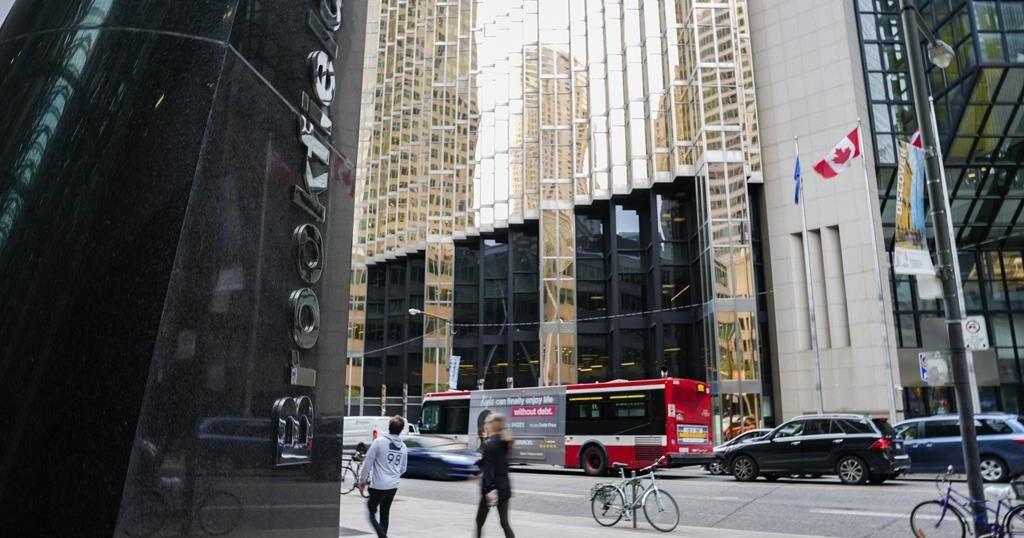A warning on houses as an investment, houses have long been seen as a safe and reliable investment in Canada, so we have thought. However, with the changing economic landscape, it is important to be aware of the potential risks associated with investing in real estate. While the housing market has provided excellent returns in some areas in Canada over the past decade, there are still some areas in Canada that sees returns take years to crop and key warning signs that those considering investing in Canadian real estate should be aware of.
Financial planner Robb Engen did something bold the other day in his popular, long-running blog, Boomer & Echo. He laid bare the finances of his own home in a way that contradicts a core belief in Canadian personal finance.
Mr. Engen and his family plan to sell the Lethbridge, Alta., home they bought for $424,000 back in 2011. Based on a projected selling price of $524,000, he estimates a modest compound average annual growth rate of 1.94 per cent.
The idea that houses are an investment is foundational in Canadian real estate. Mr. Engen’s story shows us the need to think more about this. Some regions of the country never participated in the price surge of rent years, and prices on average are falling across the country. It could take years for the recent crop of home buyers to see prices appreciate much above what they paid.
The 1.94-per-cent average annual gain for Mr. Engen’s home represents the kind of analysis that most people do in sizing up the investment value of their real estate purchase. Mr. Engen, being a qualified associate financial planner (QAFP), dug deeper. First, he included costs like realtor fees, landscaping, renovations to finish the basement, property taxes and insurance. Then, he added the lost opportunity cost of investing the money used for a down payment on the house.
Final verdict: Owning the house produced pretty much the same financial result that would have been achieved by renting and investing the money saved by not being an owner.
Mr. Engen notes that house appreciation in B.C. and Ontario has been lottery-like for some buyers. “But for homeowners living in Alberta, Saskatchewan, or in Atlantic Canada, the math isn’t always as favourable. Home prices can stagnate for many years, and phantom costs eat into your returns over time.”
That’s a timely warning. The national average resale house price was down about 22 per cent from the February 2022 peak as of September, and now there’s a risk of the economy lapsing into recession. Prices may fall further or stagnate in locations around the country.
In the long term, houses can be expected to appreciate by an average annual amount that is equal to or a bit higher than inflation. We may get periods of double-digit gains like we saw in 2021, but that’s abnormal. Overly hot markets can turn overly cold.
Source link
Related























